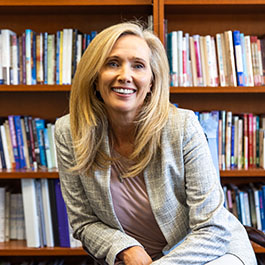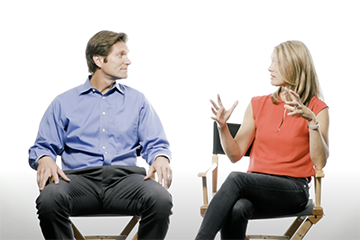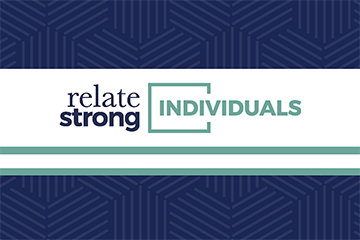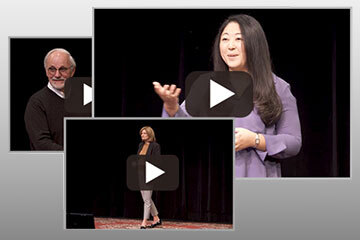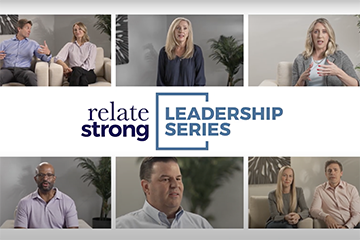
Program Overview
Grounded in theology and the best of psychology, RelateStrong is a framework that provides emotion regulation skills and other tools for healthy relating.
You can engage this model personally or train to share it within your small group, church, or organization.
![]()
Emotion Regulation
![]()
Conflict Resolution
![]()
Healthy Attachment
![]()
New Brain Pathways
The Transforming Power of RelateStrong
Our stories impact the way we experience relationships. Our past experiences inevitably
shape how we understand and engage those around us, particularly our closest relationships.
RelateStrong gives insight into our pain points, provides ways to calm down and choose healthy
coping when distressed, and demonstrates how to remain connected when conflict arises.
RelateStrong provides tools to:
- Overcome our pain
- Develop self-awareness and emotion regulation skills
- Stay connected in conflict
- Cultivate healthy attachment and intimacy in our most important relationships
Engaging this process allows us to be “transformed by the renewing of [our] minds,”
as Paul talks about in Romans 12:2, creating new thought patterns and brain pathways.
This important mind-renewing work will make our friendships richer, marriages deeper, work relationships more effective and successful, and enable us to better live out God’s purposes in all areas of our life.
"RelateStrong gave us a short-hand tool to use in the midst of conflict,
in the heat of the moment…”
—Matthew and Melinda, RelateStrong group leaders
Core Elements
Combining theology and the best of psychology, below is the heart of our RelateStrong Program.
A Vision Worth Changing For | Us-Ness
You + Me = Us
We were created for us-ness. “Us-ness” in our families, friendships, church, romantic, and work relationships. When we are thriving in our relationships, we experience more peace, more fulfillment, and more joy. When relationships are struggling, we often experience pain and distress, which can negatively affect every other area of our life. A you-vs-me dynamic can arise in couples, where competition and arguments ensue and no one in the relationship really wins. Thinking about the “us” allows us to look to the good of the whole, where we win together.
Instead of seeing differences or challenges as a threat, we can see them as an invitation for our growth. God designed our relationships to be places of healing and maturity. When we choose to work towards “us-ness”, our healthy relationships will make our life not only more meaningful, but more effective.
A Map for Managing Emotions
Pain and Peace Cycles
The core concept in the RelateStrong framework is the Pain and Peace Cycles.
To grow in our self and relationships, we must first understand our responses to difficult situations by identifying what we call our pain cycle. When we are hurt, each of us tends to experience particular “pain points” based on our life experiences. We cope with this pain by acting in often unproductive ways, which then causes others to react negatively and leaves us feeling stuck in pain.
Through identifying these unhelpful thoughts and behaviors, we can change our brain pathways through identifying and acting in our “peace cycle.” This includes identifying truths about our identity and sense of safety, and healthy ways we can act in light of that reality.
The RelateStrong resources will lead you through a guided process and set of materials for you to identify your specific pain and peace cycles.
A Pathway for Conflict Resolution
The Four Steps
RelateStrong leads us to transition from pain to peace by applying The Four Steps.
Living in peace does not mean a life without pain, but a life where painful experiences can be safely shared within a meaningful relationship. But how does this happen? Turning from pain cycle reactivity towards peace cycle empowerment is easy to understand and there is a proven process for doing this. This process requires following four simple steps, which draw from our pain and peace cycles. These steps allow us to stay connected in the midst of conflict and to form a healthy pattern of relating with the ones we love most.
Transformed Self and Relationships
The Goal
RelateStrong empowers us to make new brain pathways and cultivate healthy attachment.
God invites us to be transformed by renewing our minds. Identifying our pain and peace cycles and using the four steps when we are upset or hurting is a way to make new brain pathways, self-regulate, and develop healthy attachment. The goal of this process is to see something more than just minor improvements, it is to have a radically healthy self and relationships.
Ways to Engage RelateStrong
Learn more about the framework that has brought healing and transformation around
the globe.
RelateStrong Director
Dyonette “Dee Dee” Mayer is the Director of the RelateStrong program for the Boone Center for the Family. She is a licensed clinical social worker who has been in private practice for over twenty years specializing in treating couples, women in leadership, and families. She earned a Doctor in Ministry from Azusa Pacific University studying healthy leadership in ministry contexts.
She has over 20 years of experience providing organizational leadership and program management in academic and community health environments. She is passionate about supporting ministry leaders and congregations in developing strong and healthy relationships.
